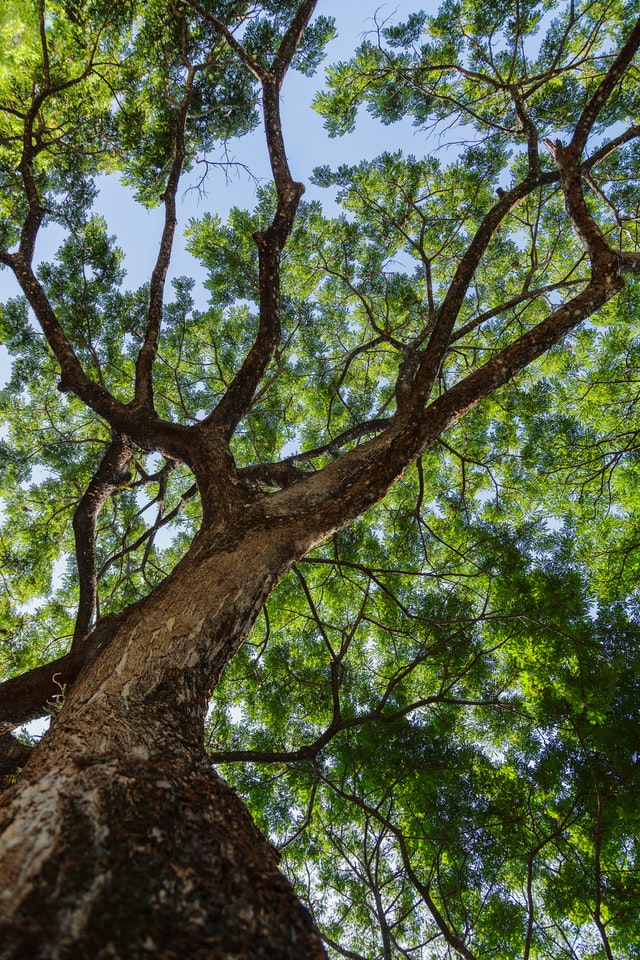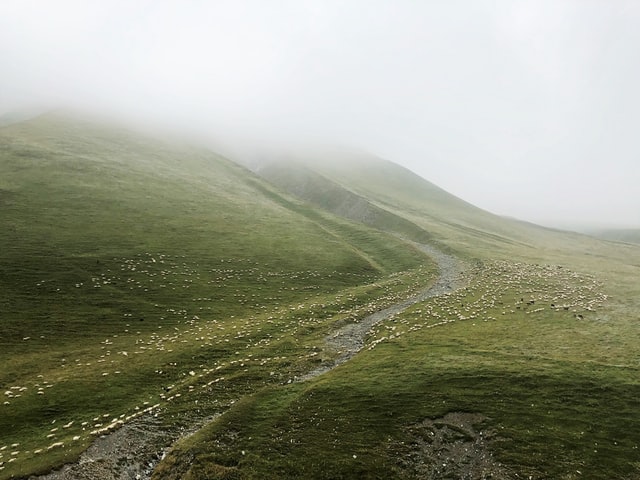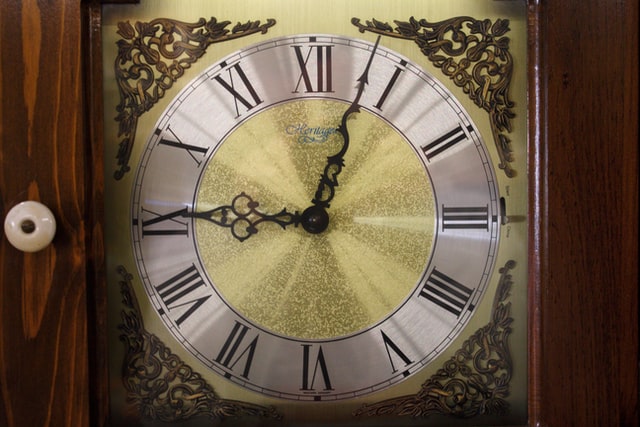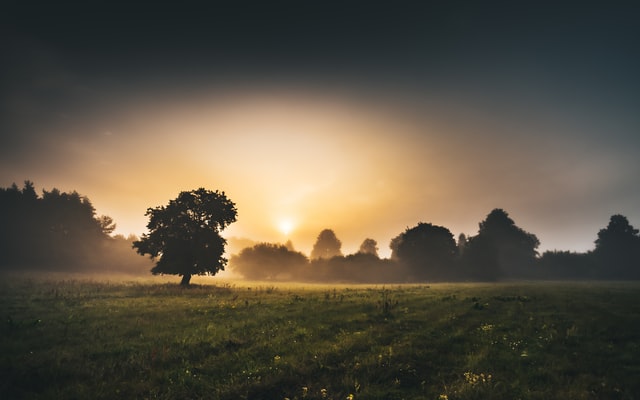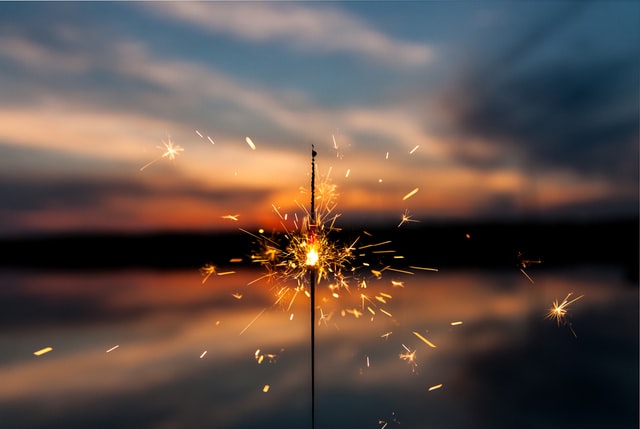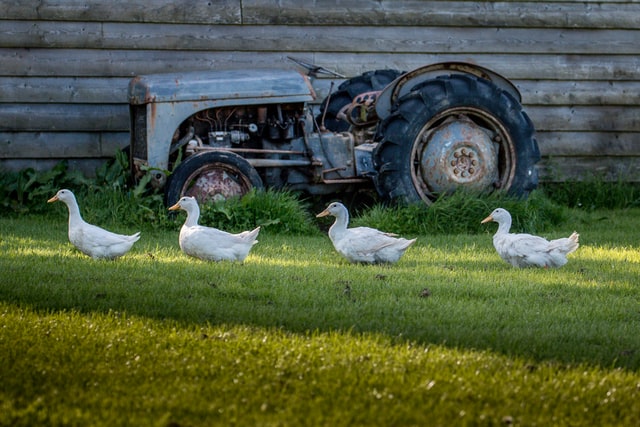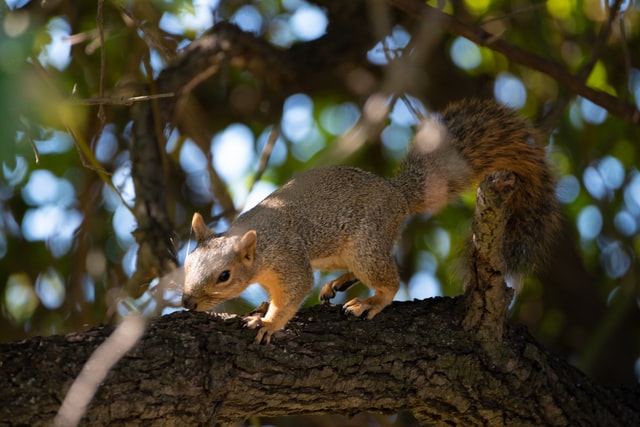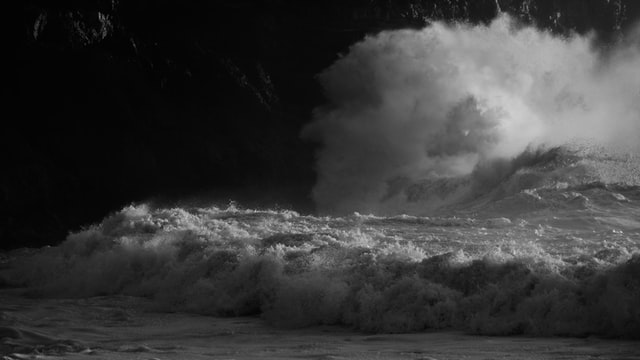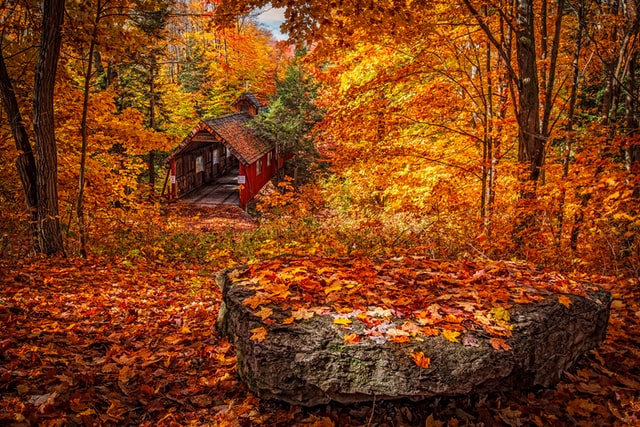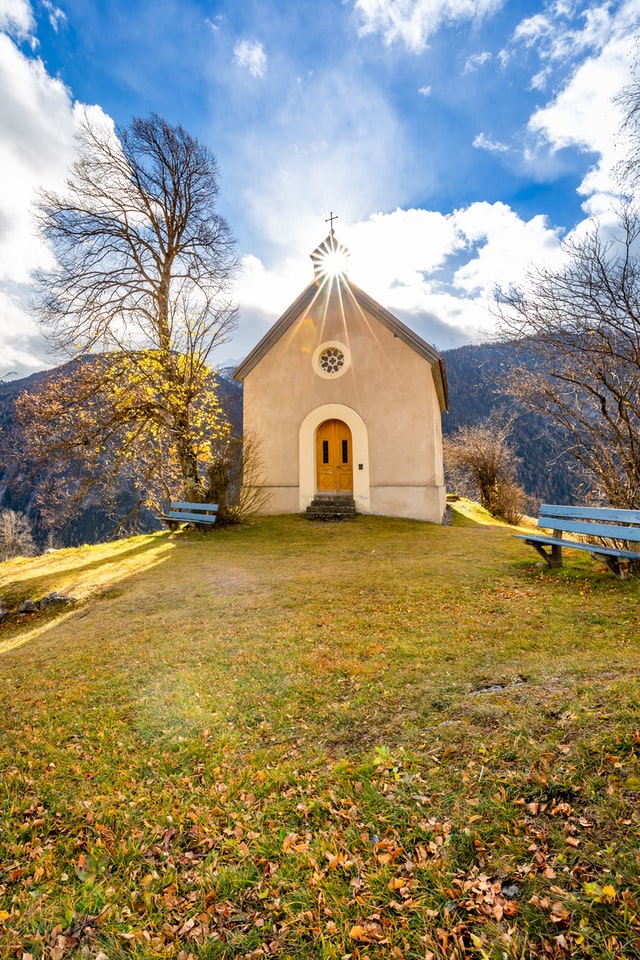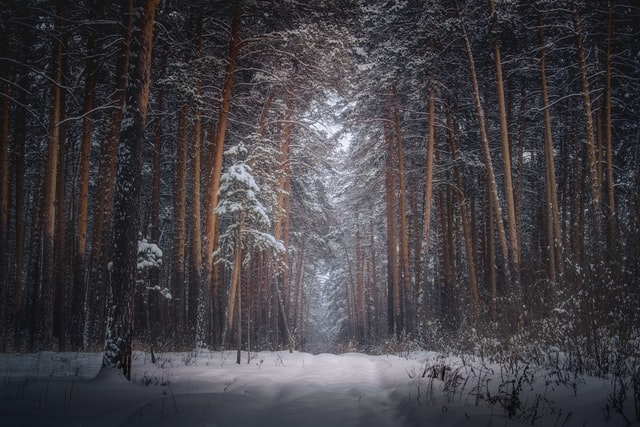by Bryan Grafton
The little shepherd boy had lost a sheep and didn’t know where to find him. He sat there on a rock, his staff in his hand, and wept as Jesus approached him.
“What is the matter my son?” asked Jesus.
“Oh kind sir I have lost a lamb and don’t know where to find him and if I return home this evening without him my father will beat me to within an inch of my life. I am doomed.”
Jesus looked at the little shepherd boy who was but ten or eleven and small for his age. Then he looked at his flock of sheep. It was small too. A flock of only six sheep and the loss of one would be a big loss indeed for the boy’s father. Jesus took pity upon the youth, placed his fatherly hand upon the boy’s shoulder, and said unto him, “You stay here and guard your flock my son. I will go retrieve your lost lamb for you and be back shortly.”
“Thank you kind sir,” said the youth, wiping away his tears, forcing a smile.
Jesus walked out into the wilderness and out of sight. He knew where the lamb was and went directly to it. It too was caught between some rocks. Its right front foot wedged in a crevice. The lamb upon seeing Jesus let out a weak bleat calling out unto Jesus to come rescue him. Jesus went over to the lamb and freed it. Then he carried it back to the little shepherd boy.
He handed the lamb to the youth and said, “He was lost but now he is found.”
“Thank you kind sir,” said the youth, “for you have saved not only me from a beating but my lamb too from a predator.” The boy set the lamb down and gave it a gentle push in the direction of the flock. The lamb took one step and fell to the ground bleating in pain.
“Oh no,” wailed the boy, “its leg is broken and now we will have to sell it and it will not bring as much as a healthy lamb. My father will beat me now for sure.”
“I can fix him for you,” said Jesus.
“What are you a magician or something,” snidely questioned the boy.
“Some say I am,” said Jesus, “and some say I am a miracle worker.”
In fact Jesus was on his way to the next village to cure a lame man when he happened upon the little shepherd boy.
Jesus reached in his pocket and took out a small bag. “I have some magic salve here that will cure his injury,” he said to the youth.
“Sure you do,” said the youth.
Jesus applied some salve to the lamb’s injured leg.
“There,” said Jesus, “give it some time for the magic to work and the lamb will be able to walk as good as new again after a while. I must be on my way now son. I have work to do in the next village.”
“What is your name sir?” asked the boy.
“I am Jesus of Nazareth.”
“I have heard of you, Jesus of Nazareth. They say that you are a magician. That you can work miracles. I hope you have worked one for me.”
“I have son,” said Jesus and Jesus left.
The youth set the lamb down expecting it to walk but it crumpled to the ground again. Then he remembered that Jesus said it took some time for the magic medicine to work. So he gathered up the lamb and clutched it against his chest. But by doing so the salve that Jesus had applied to the lamb’s leg rubbed off onto the boy’s clothing and thus did not get absorbed into the lamb’s leg.
It was getting late so the boy carried the lamb in his arms the whole way home. His father upon seeing him asked him why he was doing so. To which the boy replied, “I am holding it because it ran off and it took me forever to find it and this way that wouldn’t happen again,” said the boy not exactly coming clean with the truth.
The boy set the lamb down. But instead of it getting up and running away, the lamb fell down. The father went over to it and set it upright on all four feet. But the lamb fell again. The father did so a second time and this time he gave it a not so gentle kick to get it to move. But the lamb let out a pathetic bleat and crumpled to the ground in a broken heap.
“Oh great,” said the father, “it’s leg is broken. The lamb will not bring full price. Someone will buy it to butcher it, not for breeding stock. This is your fault my son. You weren’t paying attention again now were you?”
The youth hung his head in shame and began to sob.
“You take this lamb to the market tomorrow and you better get a fair price for it or you will receive a beating,” growled his father. “You got that?”
“Yes father,” whimpered the boy.
The boy left the first thing the following morning with the lamb. The market happened to be in the village where Jesus had worked his miracle the night before making a lame man walk. There in the market Jesus came upon the little shepherd boy offering his lamb for sale. But before Jesus could say anything to him the little shepherd boy spoke up.
“Well Jesus your magic almost got me a beating last night and if I don’t get a fair price for this lamb today, I will get one tonight.”
Jesus could see what had happened. He could see that the salve had rubbed off the sheep and onto the boy’s clothing for he saw its greasy brown colored spot on the boy’s chest.
“This animal is still lame miracle worker. What are you going to do about it? And no no more magic, I’ve had enough of your so-called magic. What I need is money, not magic.”
Jesus dug into his pocket but there was no money there for Jesus was dependent upon the generosity of others for his support. So he closed his eyes, recited a chant, pulled out his hand, and opened it. There before the boy he presented a fistful of coins. The boy scooped them up before Jesus could say a word.
“Well,” said the boy after counting the coins, giving Jesus a dirty look. “Well,” he repeated. This being his not so subtle hint that he was wanted more.
Jesus reached in his pocket again, took out another piece of silver, and handed it to the boy. The deal was struck and the boy handed Jesus the lamb. The boy had received far more than a healthy lamb would have brought but that was alright with Jesus for he had saved the boy from a beating. Jesus then raised his eyes heavenward, said a prayer, and the lamb was heeled.
Since Jesus had no use for the lamb he decided he’d give it to the first shepherd he came upon whom he deemed worthy. But until then he needed to keep the lamb under control. So he reached in his pocket and took out a small rope. He tied it around the lamb’s neck and set the animal down. But the lamb was a devilish little fellow and quickly slipped the noose, ran off, and disappeared into the crowd.
The little shepherd boy saw all this and hollered mockingly at Jesus, “So you can cure him for yourself but not for me huh? Deserves you right Jesus the magical miracle worker.”
Jesus was offended by the boy’s crude remark and said a prayer for the boy.
Jesus found his lamb in the clutches of a cute little seven year old girl. She was on her knees, her arms around the lamb’s neck, her cheek against the lamb’s cheek, hugging it ever so dearly, so sweetly. The man standing next to her Jesus recognized as the man whose lameness he had cured yesterday. The man came forward, took Jesus’s hand, and shook it profusely. “Thank you. Thank you ever so much my Lord for curing me for this is the first time in years, thanks to you, that I have been able to walk to the market by myself.”
“You are more than welcome,” said Jesus staring at the little girl cuddling his lamb.
“It seems that my daughter has fallen in love with it,” said the man, “but I told her that we must find its owner and return it to him because that is the right thing to do.”
“The owner has found you,” said Jesus, “for I am the owner.”
The father went over to his daughter and told her to give the lamb to Jesus. But she refused to do so and clung even tighter to the animal. The father repeated his command and again the little girl refused to give up the lamb. So he forcefully pulled the lamb from her and gave it to Jesus. The little girl began to cry and Jesus, being a softie at heart, could not bear it. He melted. He caved and handed her back the lamb saying, “Here Sweetie you can have it.”
Immediately the little girl grabbed it, hugged it, and smothered it with kisses.
“Thank you ever so much,” said the man, “I am in your debt again now my Lord and must make it right with you for all you have done for me and my daughter. Therefore please sup with us this evening as my way of showing you my appreciation, my gratitude.”
As said Jesus was dependent on the generosity of others for his sustenance and since he knew where the man lived and since he hadn’t eaten today, Jesus accepted his offer. The two men parted company.
That evening Jesus appeared at the man’s hovel of an abode for the man was quite poor having been restricted in his way of making a living because of his lameness. The man greeted Jesus and guided him to his dining table. He seated Jesus at the head of the table and himself at his right hand side. Jesus wondered where the man’s daughter was for he did not see her anywhere and he asked the man, “Where is your little girl?”
“Oh she is in the back crying and won’t come out,” said the man. Jesus wondered why the little girl was crying but when the man’s wife brought out a platter of roast lamb he knew why.
“We are poor,” said the man, “and the lamb was all we could offer you by way of a feast to thank you for all you have done for us. Don’t worry she’ll get over it. Eat up.”
“Jesus,” said Jesus to himself. No Jesus wasn’t taking his own name in vain. He was addressing himself as if he was a third person. “Jesus,” he repeated, “what is it with you anyway? “Try to help people and it all goes to hell on you.”
Thus that was the parable Jesus took with him from his meal that evening. That and a full belly.
The author is a retired attorney who started writing for something to do in his rusting years.

